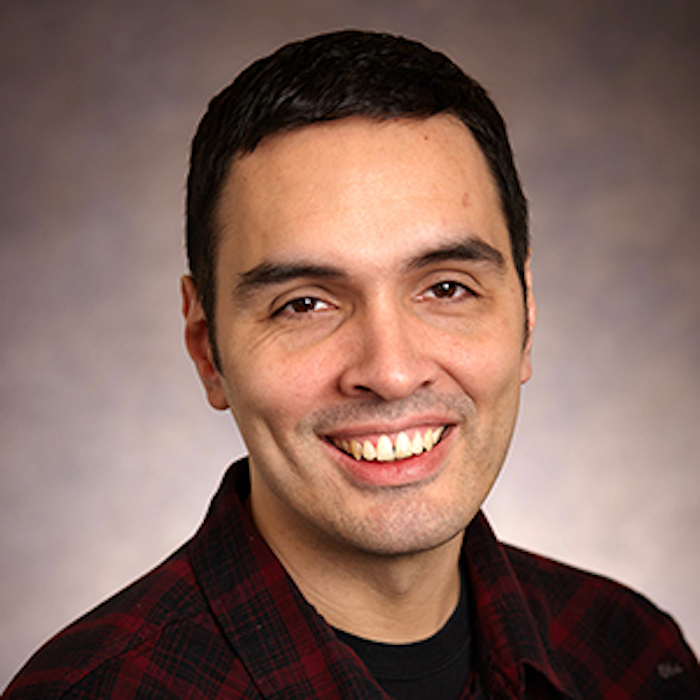
College After COVID is a multigenre and interdisciplinary project aimed at collecting and archiving UP’s experience during the pandemic to better understand and envision our futures. Across the year the working group collected material from the UP community that both represented individual experience and suggested a rich collective story of how the pandemic has affected university life. Through surveys, community interviews, campus conversations, and a short documentary film titled We Don’t Know How This Ends, we captured personal stories to create a larger narrative that can help us understand this historical moment. All of these elements will be preserved in a digital archive that is available to individuals within and outside of the university. We hope that the archive will serve as a marker for the unprecedented moment and pave the way for new futures.
"After a time in which separation and distance was vital to our health and safety, College After COVID provided an opportunity for members of this university to come together to recognize and reflect on our present moment. This project has given me the opportunity to perfect skills and develop new ones, to create lasting friendships, to participate in the act of storytelling and memorialization, and to engage in public humanities."
—Senior Isabel Hidalgo
"Everything that went into our collaboration, from brainstorming to settling the final details, taught me so much about efficient and effective teamwork...I met students from majors other than mine in the program; I found that together we were very inspired by the possibilities in combining our backgrounds. The research methods we had honed in our STEM courses were put to great use while choosing participants and gathering their stories. This work went hand in hand with the tools we had learned in the humanities for narrative building, all of which we applied to our documentary project and final archive exhibition."
—Junior Jordan Ducree
"This project was significant to me because it brought together a unique group of students and faculty from all different majors to work together on a meaningful project in the humanities, based on a major global event that has affected us all...Our project incorporated unique aspects of everyone’s ideas and majors to create a truly multidisciplinary body of work. Depending on what major you choose, you may never get the chance to be exposed to other disciplines, which offer the opportunity for you to learn how to problem solve through a new type of lens. In this project, I felt I explored multiple ways to generate ideas, solve problems, and create a well-rounded piece of work that was truly valuable."
—Junior Lexi Turner
"I have learned so much regarding the creativity and brainstorming process – mainly that it is difficult, grueling, but also at the end very rewarding...The biggest lessons I will take away from PRF are to be adaptable, flexible, and ready for anything, and be willing to push yourself outside your comfort zone especially when it comes to pushing the boundaries on the ways you present and gather information. I find myself walking away from an experience that showed me the value in doing research that puts your population of interest as the main focal point and found a process and collaborative group initiative that constantly reminded me as a researcher, why are we doing this and how specifically can we and are we impacting others? I hope to integrate those lessons more as I continue my final year at UP and prepare to apply to graduate school and hopefully a career in biomedical research."
—Mia Lindsay
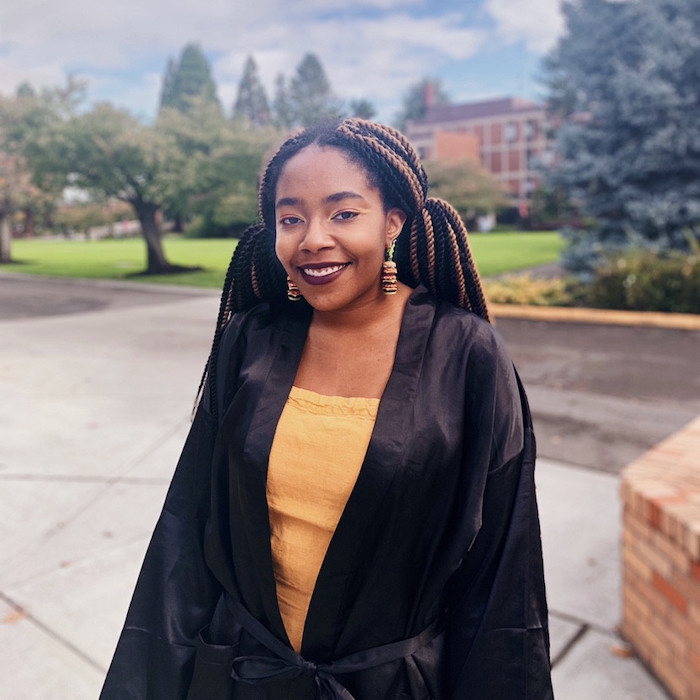
Year: Junior
Majors: Biology and English
Hometown: La Palma, CA
Why are you interested in working with PRF?
As the COVID-19 pandemic unfolded, I was dismayed but unsurprised at the ways the pandemic's hardships amplified society's existing and deeply entrenched inequities. I think examining these effects in the context of the college campus is an incredibly important step towards identifying the needs of the community. I am excited to join this PRF team and their work amplifying marginalized perspectives here at UP.
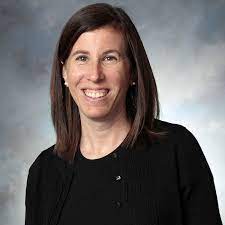
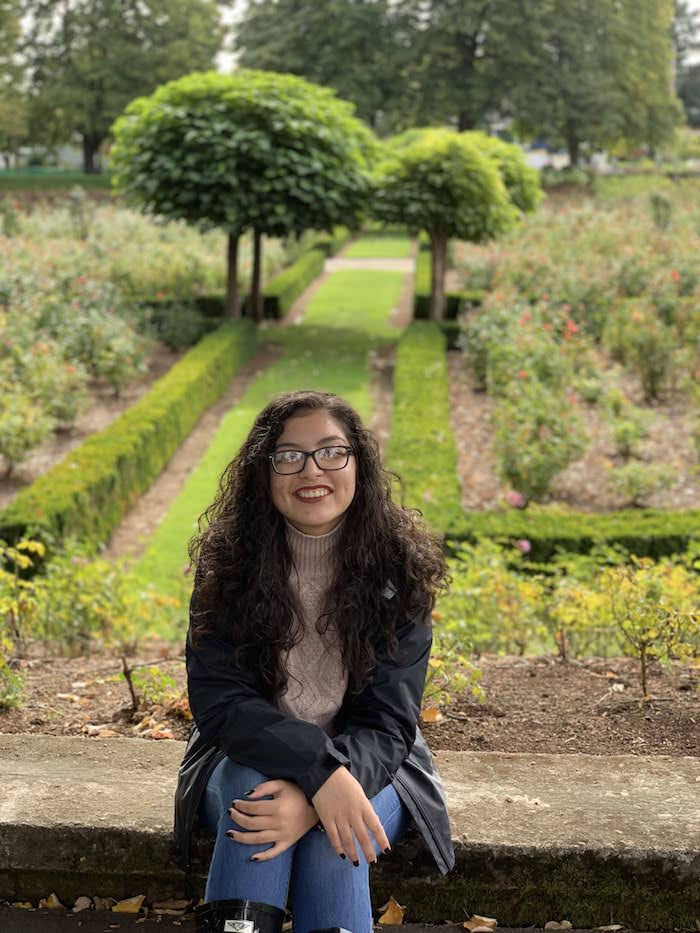
Year: Senior
Majors: Biology and English
Hometown: Vancouver, WA
Why are you interested in working with PRF?
The barrier between the academic and public spheres has been in place for far too long and it needs to be dismantled in order for communities to move forward as one society. The COVID-19 pandemic has made individuals realize that we are all living on the same small planet and that our actions can and do have global consequences. This pandemic has affected everyone and a form of documentation is necessary to capture the emotions, struggle, and humanity that our species has experienced. Documentation in all forms breaks down walls, so why not start with a collective story that can be heard by many?
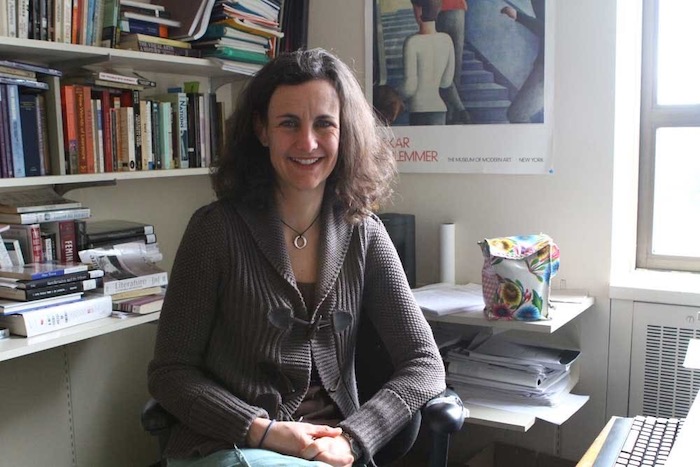
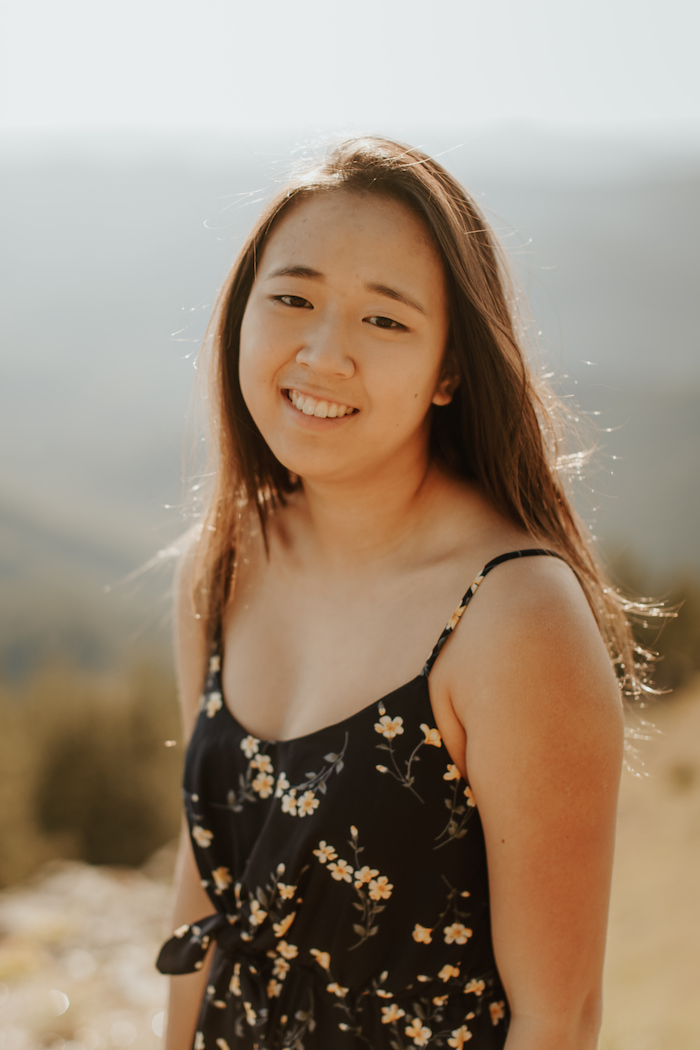
Year: Junior
Major: Psychology and Biology
Minor: Chemistry
Hometown: Eugene, OR
Why are you interested in working with PRF?
During the Covid-19 pandemic and the whole academic year online, I experienced a lot of hardship, but also a lot of growth and development both as a student and as a person. In a lot of ways I truly felt like "I grew up" during the pandemic. I think in 30-40 years, we will look back on this pandemic and see it as a defining moment of the 2020s. PRF specifically interested me as an opportunity to explore the deeper effects of this Covid-19 pandemic and to examine those effects from a humanist lens, while also getting a chance to broaden my own perspective and explore the creative art of storytelling.
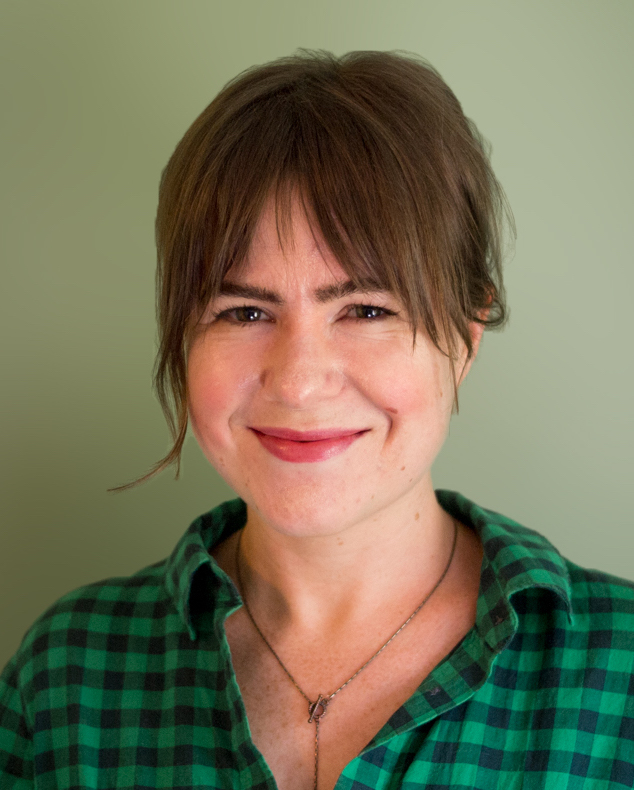
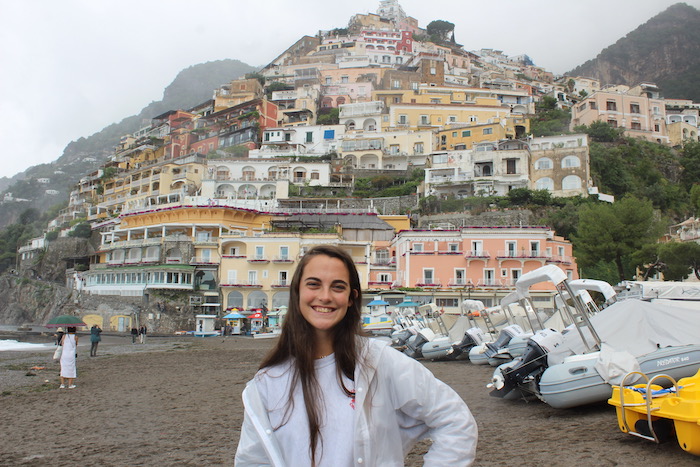
Year: Junior
Major: Psychology
Minor: Neuroscience
Hometown: Birmingham, AL
Why are you interested in working with PRF?
I am currently taking the course "Imagining Our Futures" which goes hand in hand with this PRF project. Our future seems to be filled with crisis with Covid-19, climate change, and systemic racism ravaging the country, but it’s important to hear the voices of those living through it and to amplify them. I am excited to learn more about this project and come together as a group to create a valuable body of work.
